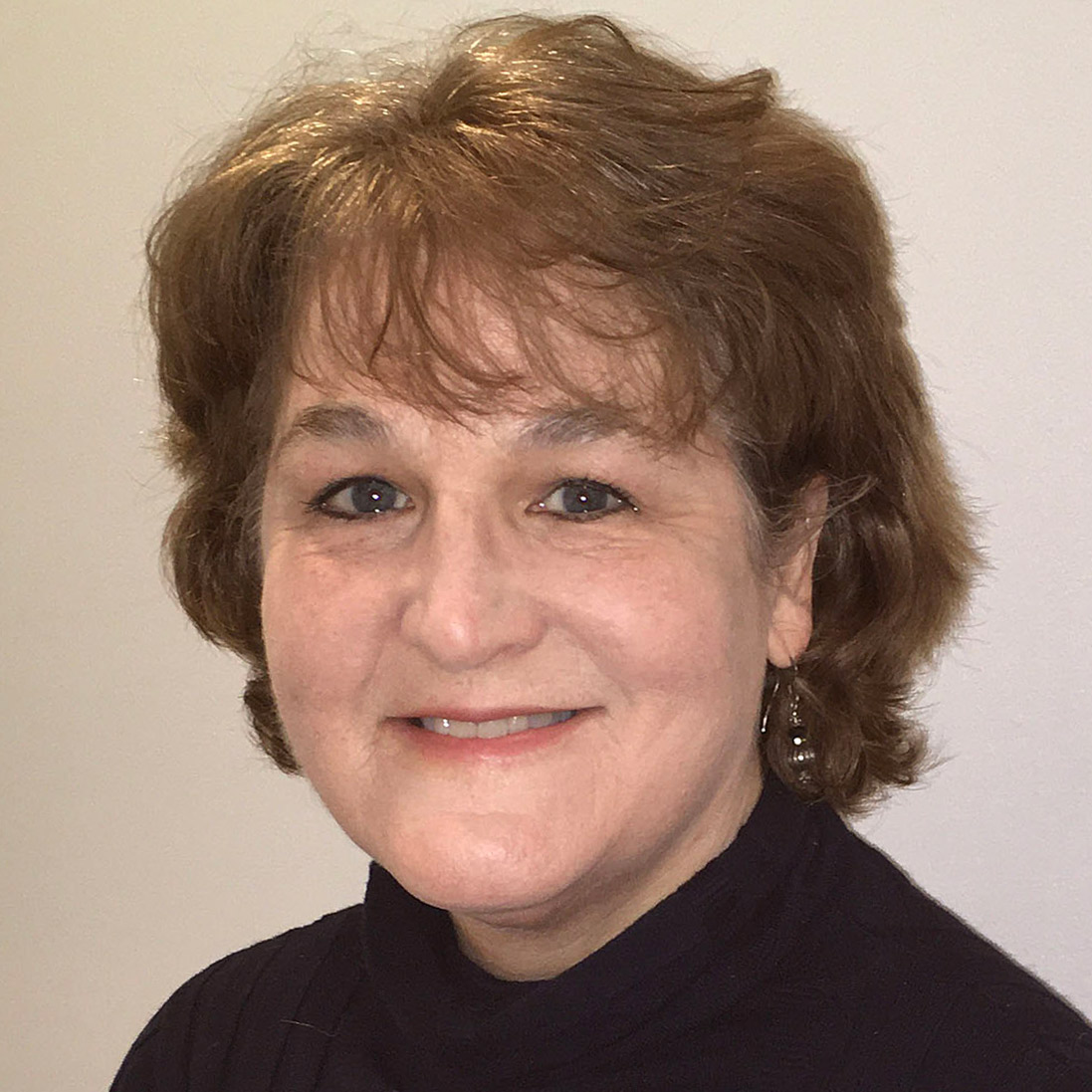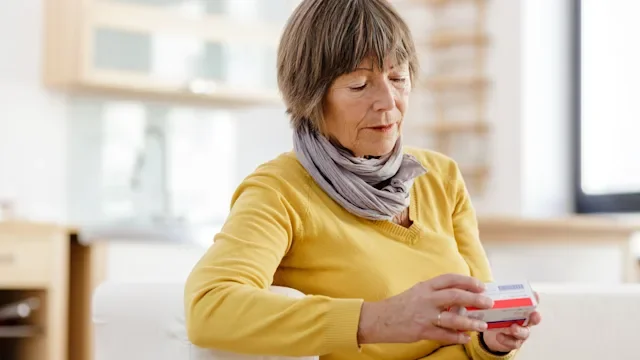Key takeaways:
When Curtis Dominique learned that he had high blood pressure, he didn’t want to have to take medication to lower it.
His wife, who is a nurse, supported his health goals.
They both made changes to eat better, move more, and get fit.
In October 2020, Curtis Dominique, who is 52 and lives in Indianapolis, received unwelcome news from his doctor.
His blood sugar levels were too high, and he was diagnosed with diabetes. On top of that, his blood pressure was too high and he needed medication to lower it.
Curtis knew he didn’t want to go that route. It was a lifelong promise he had made to himself: He would do everything in his power to avoid medication.
His wife, Shalondra Dominique, told him that, while avoiding medication was a good goal, he would have to reevaluate if changing his diet and exercising more didn’t work. As a registered nurse and a spouse, who was intimately familiar with his diet, she knew what he had to change about the way he was eating.
Shalondra, who is 45, was well-aware of the risks of uncontrolled high blood pressure (hypertension). She had seen the poor outcomes for patients with high blood pressure in the hospitals where she had worked.
High blood pressure increases a person’s risk for heart disease and stroke, two of the leading causes of death in the U.S.
Nearly half of adults in the U.S. have hypertension, and only about 1 in 4 adults with hypertension have it under control, according to the Centers for Disease Control and Prevention (CDC).
High blood pressure is a particular concern in the Black community. It’s more common in non-Hispanic Black adults than in any other group, according to the CDC.
Curtis also has a family history of high blood pressure. Several of his siblings and his other family members are facing their own battles with it. Because hypertension usually has no symptoms, regular checks are the only way to discover a problem.
‘Give me three months’
Curtis made a deal with his healthcare provider about lowering his blood pressure with diet and exercise. “Give me three months,” he requested.


Shalondra wanted to help, but she was also worried that three months wasn’t enough time for Curtis to make the necessary changes.
She had her own weight-loss goals and was following a special diet. She quickly realized it would help Curtis if they ate the same foods and exercised at the same time.
“We have to do this together,” she said to him.
Making healthy changes
The couple agreed that vegetables and fruits should dominate their diet, but the preparation took an enormous amount of time, Shalondra says. She and Curtis prepped the produce twice a week and, for the first few weeks, made gallon-sized jugs of smoothies.
They started out walking 2 miles a day and increased that distance every 2 weeks until they were walking 8 miles a day, 4 to 5 days a week.
They cut out fast food, which is typically high in sodium and can contribute to high blood pressure. And Curtis also cut out certain foods, such as bread, sugar, and honey, to help reduce his blood sugar levels.
He gave up the burgers from his favorite drive-thru restaurant, as well as pastries, cookies, candy, and ice cream, which he used to eat by the half-gallon.
“Now, I eat salad straight out of the bag. It doesn’t bother me,” he says.
They also pack snacks and drinks when they travel so that they don’t need to stop for food. When they’re shopping for groceries, they check every food label and add up the sodium content before buying anything. And they skip most of the foods at social gatherings and “go for the fellowship” instead.
Curtis and Shalondra have been married 14 years and have four children. One, a preteen, still lives with them. The Dominiques knew that they could all benefit from making healthy changes together.
Curtis made good on his deal with his healthcare provider. At three months, he had brought down his blood pressure and blood sugar levels without medication.
Lifestyle changes benefit the whole family
After instituting all of the changes around health and diet, the Dominiques have seen dramatic results.
Curtis brought his blood pressure down from 170/110 mmHg to 127/78 mmHg, into the range considered normal by the American Heart Association.
And, over the past 7 months, his hemoglobin A1C (HbA1C or A1C) levels have dropped from 9.2% to 5.7%, well below the point that indicates diabetes, according to the CDC.
He lost 39 pounds in 7 months and went from a size 40 to a size 36. Shalondra lost 60 pounds and went from a size 18 to a size 10 during that same time.
Curtis says that before changing his lifestyle, he typically woke up with a sluggish feeling. But now he wakes up feeling alert and “ready to go without the tiredness.”
His diet isn’t as restrictive as it was in the first few months after his diagnosis, but he now knows what it takes to keep his blood pressure and blood sugar levels in check. They have slip ups, but Shalondra helps get them both back on track when they do, he says.
“If I fall off, the whole family falls off,” Shalondra says. “We can’t go back to that lifestyle.”
She looks to the advice she gives her patients. “We typically tell the families this is a lifestyle change the whole family needs to make,” she says.
Curtis’ success in bringing his blood pressure down surprised Shalondra and his healthcare providers — and just about everyone who heard his story. It seems it surprised everyone but Curtis.
He knew that his determination to avoid taking medication was stronger than food cravings, he says.
And, he says, he had another important advantage: a spouse who was ready and willing to, literally and figuratively, walk beside him all the way.

Why trust our experts?

















